A daughter’s dilemma | The Discussion Page
Synopsis
A daughter’s dilemma
The terminally ill father.



The dilemma
According to Jewish law, which of these three options is she allowed to approve? 2. According to Jewish law, is there one that she must approve? 3. Shayna is aware that if multiple options are permissible, the decision must ultimately be hers. However, because she is worried that her own interests and preferences are involved here, she asks the Beit Din for the clearest guidance it can give as to how she should choose among permitted options. What guidance would you give to Shayna?
Summary
The discussion hasn’t started yet.
The Discussion
What can be the added value of the concept of Avida (lost) and the concept of “LO TAAMOD AL DAM REICHA”
please confirm here you have got an email alert
Here is an example taken from the “West wing” show .
C.J. is the White house spokeswoman who is coming to visit her aging father,
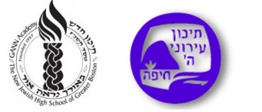


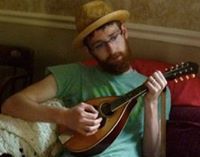

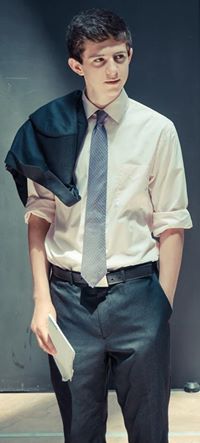
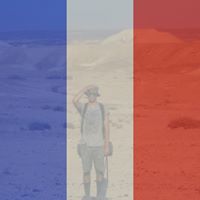

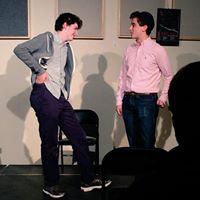
Do we really need to be asking this question — is it helpful to our case? Also: what is a Gosses?
Bar Qamtza
is it helpful to our case?
Also: what is a Gosses?
Gosses-person on the deathbed
Natan Bird
Gosses-person on the deathbed
THE deathbed? What is the deathbed? You are definitely not a STEM kid. SMH.
Adin Feder
THE deathbed?
What is the deathbed?
You are definitely not a STEM kid. SMH.
Removing an impediment is different because one is letting god take the life as opposed to to actively taking the life which is directly taking a life on ones own. The reason this distinction is important to the case is because we have to determine what choices are in line with removing a burden vs what is actively taking a life.
Natan Bird
Removing an impediment is different because one is letting god take the life
as opposed to to actively taking the life
which is directly taking a life on ones own.
The reason this distinction is important to the case
is because we have to determine
what choices are in line with
removing a burden vs what is actively taking a life.